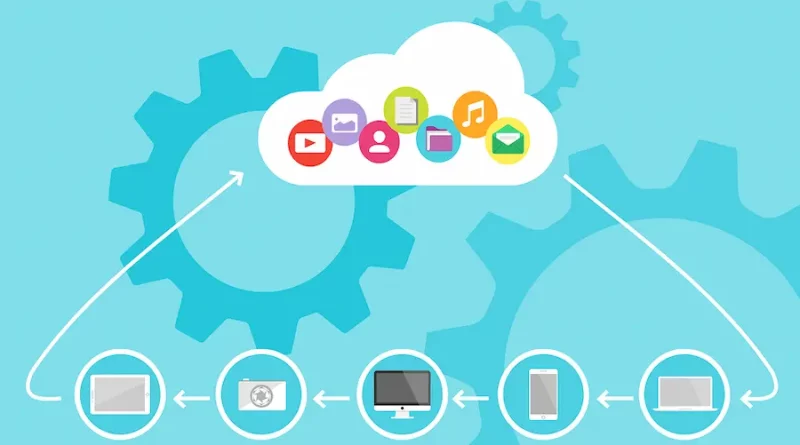A Comprehensive Guide to Choosing the Right Cloud-Managed Services Provider
Choose a managed service provider that supports your cloud platform and can offer a portfolio of compatible services. Evaluate their levels of data and system security, maturity of operations and governance processes, and if they have standards or recognized certifications.
Find out if they can perform usage, performance, and cost analysis and provide optimization recommendations.
Expertise and Specialization
A business’s information technology (IT) department is a powerful asset with finite resources. Often, IT teams can need help to keep up with the demands of IT infrastructure, especially when dealing with complex cloud environments.
A trusted managed services provider can help bridge the gap and support the seamless integration of multiple systems. They can also monitor system performance and offer efficient disaster recovery solutions.
Look for a provider with experience in your specific infrastructure and maintains a list of vendor certifications like Cloud Managed Services for Microsoft 365. Alternatively, a vendor specializing in a particular software platform like Microsoft or AWS could offer personalized tech support.
Additionally, MCSPS must adapt its support processes to meet your business needs. Look for a provider that lets you customize their services to align with your security, performance, data residency, and cost preferences.
Functionality
From a technical perspective, scalability refers to systems (hardware or software) functioning at the “right” size for current or expected contexts without requiring sudden refactoring and rearchitecting activities that introduce additional risk and complexity. Scalability can be applied to a single item, such as a device or an IT system process, or multiple items in a logical unit, such as a cluster.
When choosing a cloud-managed services provider, it’s essential to consider their scalability. MCSPs should be able to scale their services to meet your business needs as they grow, and they should work closely with you to understand your specific requirements. This can reduce reliance on the MCSP and increase transparency about how your service levels are achieved.
Data protection
Cloud-managed services providers must be able to protect the data they manage for their clients. Considering that they often have full access to customers’ systems, the integrity of this data is crucial. It is essential to consider what security measures are in place, their level of transparency, and how they communicate with in-house teams.
A good MCSP will be transparent about the jurisdiction in which your data resides and any applicable rules or regulations. They will also have a disaster recovery plan to prevent critical data loss. This information should be documented and accessible to your organization. It would be best to consider whether the MCSP can provide the technical support your business needs to continue operations in a disaster or other emergency.
Structured workflows
When looking for an MCSP, consider their ability to manage your cloud environment. Ensure the provider’s infrastructure and platforms are familiar with your current settings and can support your desired business outcomes.
Look for a supplier with structured workflows, effective data management, and transparent service status visibility. Also, assess whether their standards and quality frameworks comply with recognized certifications and industry best practices.
For example, some offer a range of services on AWS, including consulting, migration, and operations for customers looking to leverage cloud solutions. Its capabilities include cloud and DevOps architecture, scalability and migration, native pipelines and auto-scaling frameworks, machine learning, and big data analytics. Its clients benefit from a resilient cloud infrastructure and custom and integrated services that improve their business applications and IT processes.
Resources
Considering the overall portfolio of services that a cloud-managed service provider can offer is crucial. This will depend on whether you are looking for best-of-breed solutions or a fully integrated suite of products.
Choosing a managed service provider can help you get better software system support than possible from your vendor’s direct customer service department. Additionally, it can help you cut costs by enabling you to reallocate internal resources from less essential but time-consuming activities.
A good managed services provider can save money by keeping your software licenses current. This will reduce overspending and potentially prevent the need to pay extra fees for unused software licenses. However, this depends on the provider and their policies around ensuring primary SLAs are met, including those involving third parties or subcontractors.
Visit the rest of the site for more interesting and useful articles.

